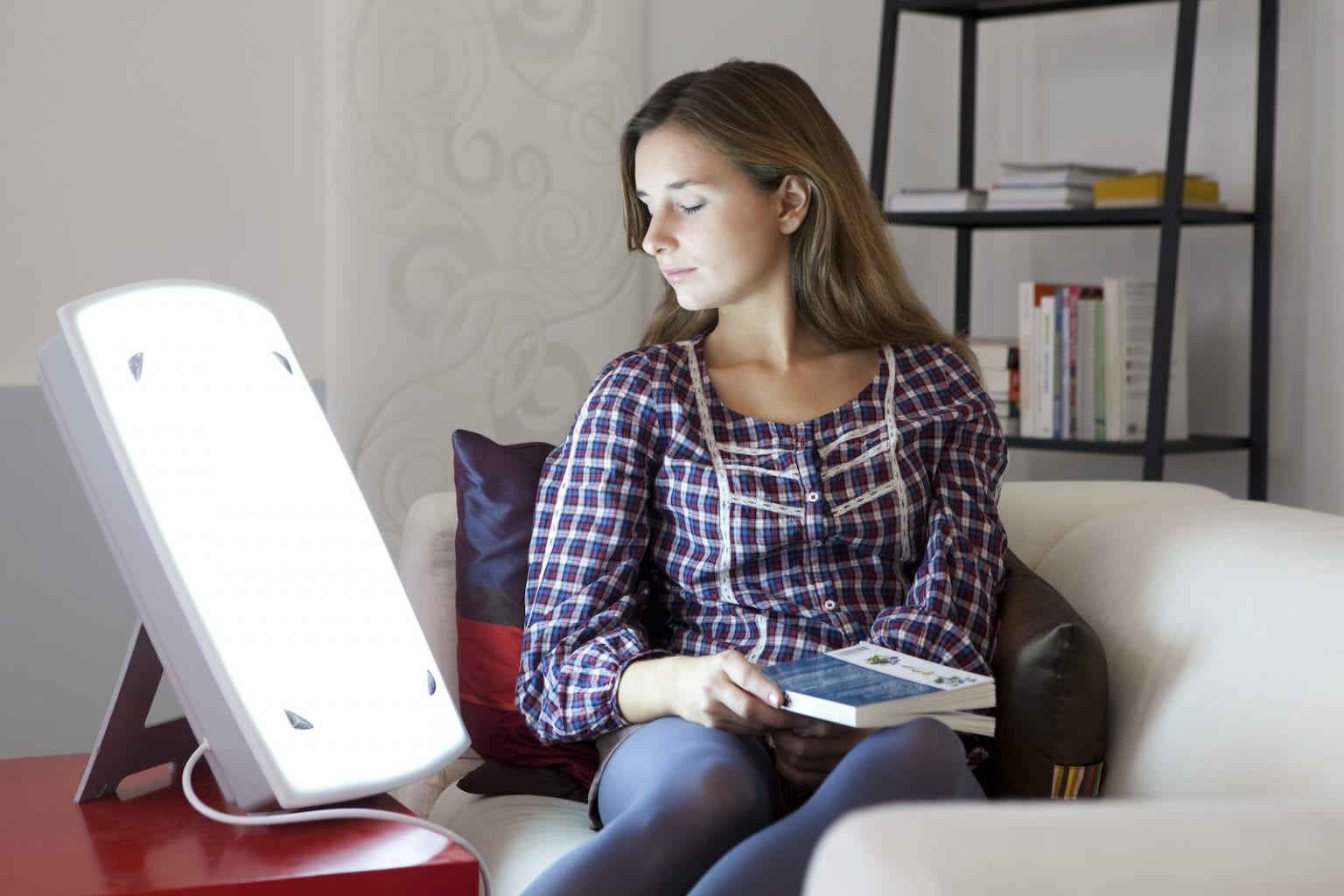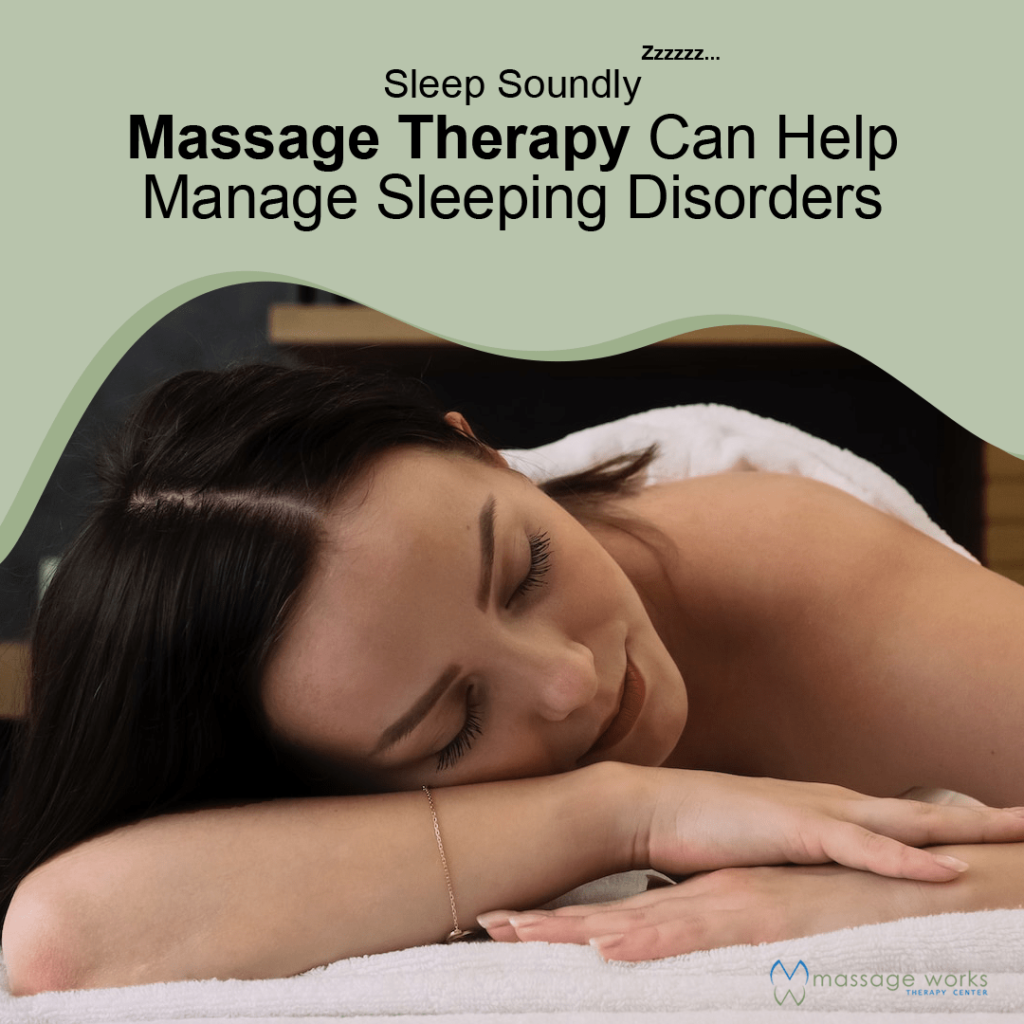Sleep Improvement Therapy - Enhance Your Sleep Quality
Sleep Improvement Therapy - Enhance Your Sleep Quality
Blog Article
Reliable Therapy Solutions for Managing Sleep Disorders and Enhancing Relaxing Rest
In the realm of health care, the administration of sleep disorders and the pursuit for peaceful sleep are essential elements of general health. Efficient therapy solutions supply a complex approach to deal with these obstacles, ranging from cognitive behavioral interventions to all natural methods that promote relaxation and mindfulness. The expedition of numerous techniques, including the combination of drug and light therapy, opens a world of opportunities in the quest of better sleep top quality. As we navigate the detailed landscape of sleep disorders and look for to boost our sleep experience, a much deeper understanding of these therapy options may hold the trick to unlocking an extra rejuvenating and satisfying restorative trip.
Cognitive Behavior Therapy for Sleep Problems (CBT-I)
Cognitive Behavior Modification for Sleeplessness (CBT-I) is an organized, evidence-based treatment technique that concentrates on resolving the underlying variables contributing to rest disruptions. This sort of treatment intends to change actions and thoughts that worsen insomnia, ultimately promoting healthy and balanced rest patterns. CBT-I normally involves numerous essential parts, consisting of cognitive therapy, sleep constraint, stimulation control, and rest health education and learning.
Cognitive therapy helps people identify and transform unfavorable thought patterns and ideas about rest that may be hindering their capacity to fall or stay asleep. Sleep constraint includes limiting the amount of time invested in bed to match the person's real rest period, thus boosting rest performance (insomnia specialist). Stimulus control methods aid develop a strong association in between the bed and rest by urging individuals to head to bed just when drowsy and to prevent engaging in promoting tasks in bed
Furthermore, sleep health education and learning concentrates on creating healthy sleep practices, such as maintaining a constant sleep schedule, producing a relaxing going to bed routine, and optimizing the sleep setting. By addressing these variables comprehensively, CBT-I offers an efficient non-pharmacological treatment for taking care of insomnia and boosting general sleep high quality.
Rest Health Practices
Having developed the foundation of cognitive restructuring and behavioral modifications in addressing insomnia through Cognitive Behavior modification for Sleeping Disorders (CBT-I), the focus now shifts in the direction of checking out essential Sleep Hygiene Practices for preserving optimal rest quality and total wellness.
Sleep hygiene techniques include a series of practices and ecological variables that can significantly impact one's capability to drop off to sleep and stay asleep throughout the night. Constant sleep and wake times, producing a relaxing bedtime regimen, and maximizing the rest environment by maintaining it dark, silent, and cool are essential parts of good sleep hygiene. Limiting direct exposure to screens prior to bedtime, avoiding stimulants like caffeine close to going to bed, and participating in normal exercise throughout the day can additionally advertise better rest quality.
In addition, practicing relaxation strategies such as deep breathing workouts or reflection before bed can aid soothe the mind and prepare the body for sleep. By integrating these rest hygiene techniques into one's everyday routine, individuals can establish a healthy sleep pattern that sustains restful sleep and total health.
Leisure Strategies and Mindfulness
Applying relaxation strategies and mindfulness practices can play a crucial duty in promoting a feeling of calm and promoting top quality rest. Furthermore, guided imagery can assist transport people to a calm place in their minds, aiding in anxiety reduction and improving rest top quality.
By including these techniques into a going to bed regimen, individuals can indicate to their bodies that it is time to relax and prepare for sleep. On the whole, integrating leisure methods and mindfulness practices can significantly contribute to handling rest disorders and enhancing overall sleep quality.

Medication Options for Rest Disorders
After discovering relaxation techniques and mindfulness practices as non-pharmacological treatments for boosting sleep quality, it is necessary to think about medicine choices for people with rest disorders. In cases where way of living adjustments and therapy do not supply enough relief, medicine can be an important device in handling sleep disruptions.
Generally suggested medicines for rest problems consist of benzodiazepines, non-benzodiazepine hypnotics, antidepressants, and melatonin receptor agonists. Antidepressants, such as trazodone, can be helpful for people with co-occurring depression and rest disturbances - insomnia specialist.
It is essential for people to seek advice from a healthcare copyright to identify the most suitable medication option based on their specific rest problem and medical history.
Light Therapy for Circadian Rhythm Regulation
Light therapy, additionally referred to as photo-therapy, is a non-invasive therapy technique used to control circadian rhythms and enhance sleep-wake more information cycles. This treatment entails direct exposure to intense light that mimics all-natural sunlight, which assists to reset the body's body clock. By subjecting people to particular wavelengths of light, commonly in the morning or evening depending on the wanted impact, light therapy can successfully change the circadian rhythm to advertise wakefulness throughout the day and boost peaceful rest at night.
Research has actually revealed that light therapy can be specifically useful for individuals with circadian rhythm disorders, such as delayed sleep stage syndrome or jet lag. It can also be practical for those experiencing seasonal affective problem (SAD), a sort of clinical depression that generally happens throughout the winter season when all-natural light direct exposure is minimized. Light treatment is normally well-tolerated and can be made use of in conjunction with various other therapy techniques for rest disorders to maximize outcomes and improve overall sleep top quality.
Conclusion
To conclude, efficient therapy remedies for handling sleep conditions and improving relaxed sleep consist of Cognitive Behavioral Treatment for Sleeplessness (CBT-I), rest hygiene methods, relaxation strategies and mindfulness, medication choices, and light therapy for body clock regulation. These strategies can assist people boost their rest high quality and overall well-being. It is very important to consult with a medical care copyright to establish the most suitable strategy for attending to sleep concerns.
As we browse the elaborate landscape of sleep disorders and seek to boost our sleep experience, a much deeper understanding of these treatment remedies may hold the secret to unlocking a more refreshing and satisfying corrective journey.
Rest limitation entails limiting the quantity of time invested in bed to match the individual's real sleep duration, therefore raising sleep efficiency. Consistent sleep and wake snoring clinic times, developing a relaxing going to bed regimen, and maximizing the rest setting by maintaining it dark, silent, and cool are crucial parts of great rest hygiene. Light therapy is usually well-tolerated and can be made use of in combination with other therapy techniques for rest problems to maximize end results and boost general sleep quality.

Report this page